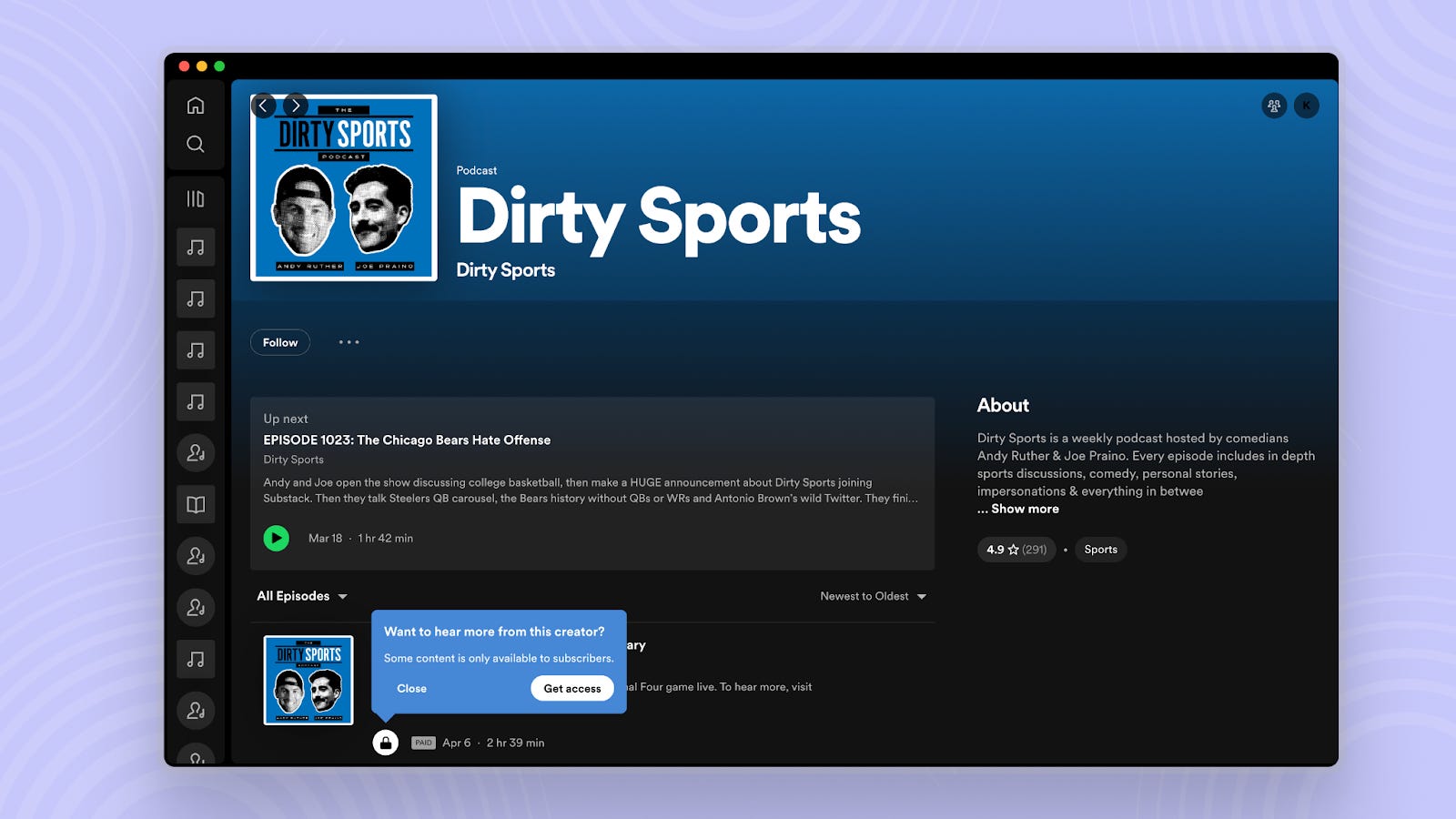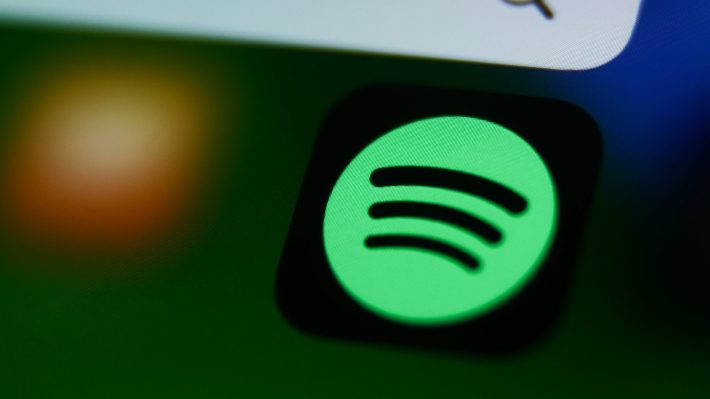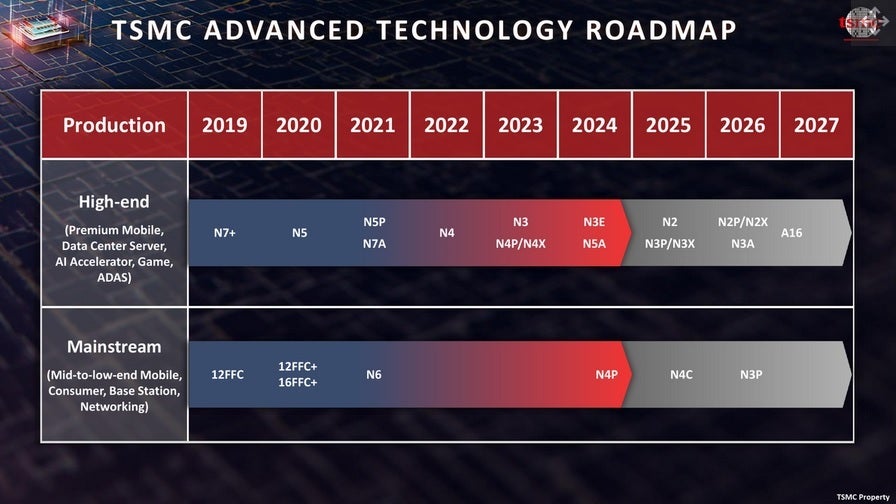Substack announced on Thursday it’s introducing a few new features for podcasters on its platform. Most notably, the company is rolling out a Spotify integration that will allow podcasters on Substack to sync and distribute all of their free and paid episodes to Spotify’s streaming service. In addition, Substack is introducing new custom audio transcripts and captions, along with improvements to clip sharing and mobile video.
The launch of the new features comes as Substack has announced that podcasters on Substack are collectively earning more than $100 million in annual revenue and that this number has more than doubled in the past year. The number of active podcasters on the platform has also more than doubled in the same period.
The new integration with Spotify will make Substack podcasts discoverable via the streaming service, making it easier for podcasters to reach more listeners. Plus, the integration will allow Substack podcasters’ existing subscribers to listen to paid episodes on Spotify. Substack says the integration with Spotify has the potential to help podcasters earn more, as free listeners will be nudged to upgrade to a subscription.
Podcasters on Substack can set up a Spotify integration by going into their podcast settings, opening the Spotify dropdown, and then clicking the “Sync to Spotify” option to create a new feed with all current and future episodes. Paid episodes are labeled with a padlock, and listeners need to link their Substack account to Spotify to listen to paid episodes directly on the streaming service. Users who listen to

Image Credits: Substack
Creators can go to their Spotify for Podcasters account to see data about streams, unique listeners, playtime, demographics, and more. Substack plans to make this data accessible via a creator’s Substack podcast stats page in the future.
As for the new custom audio transcripts and captions, podcasters can now upload their own transcript instead of using Substack’s automatically generated one, if they choose. Video podcasters can also opt to upload a separate audio track and free preview to distribute to podcast RSS feeds instead of using the default one extracted from the uploaded video.
Plus, podcasters and their listeners can now share a link to a podcast video at a specific timestamp or download a clip to post on social media platforms like Instagram, TikTok, and X.
Substack says it’s making it easier to watch video podcasts on mobile, as video posts on iOS and Android now feature an inline player. This new capability lets users read and watch at the same time, while also keeping their place in a video they watched partway to revisit it at a later time.
The new features are available to all users starting today.




